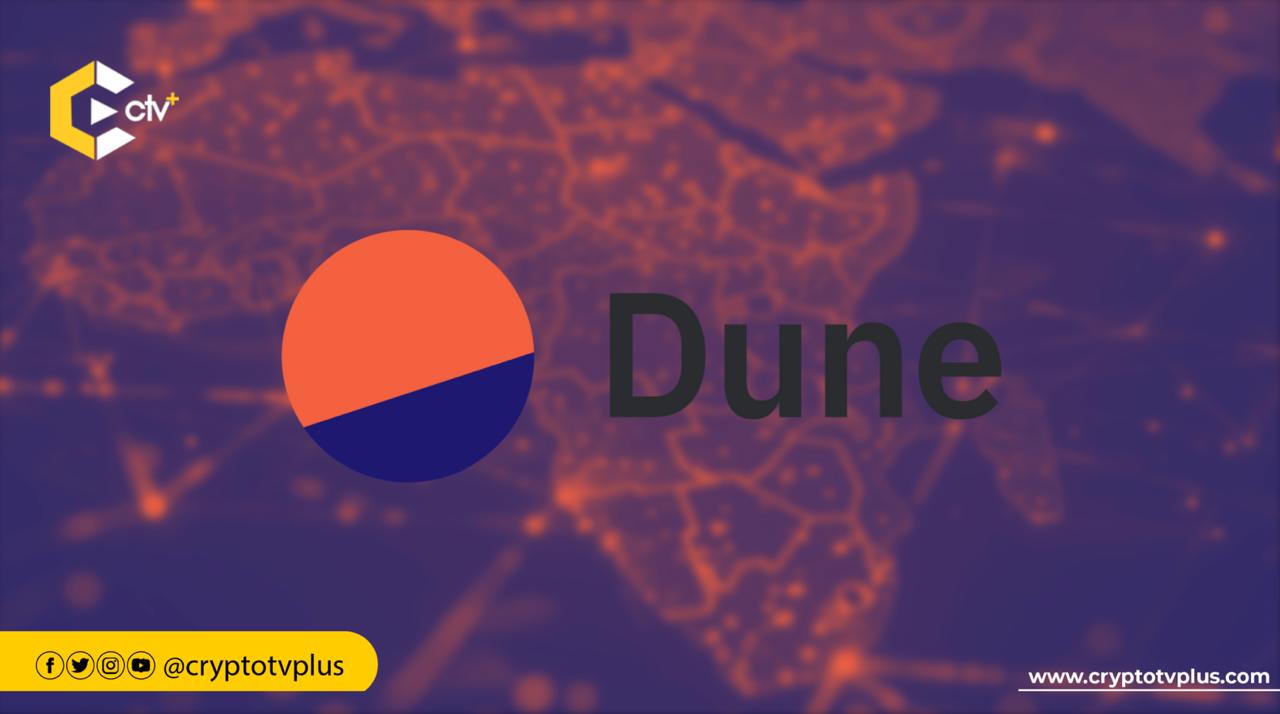News
Dune Africa 2025 report: Nigeria dominates Africa’s crypto wallet surge

Nigeria has emerged as the dominant force in Africa’s burgeoning crypto wallet landscape, according to a new report from Dune Analytics. The “Dune Africa: The State of Crypto Wallets 2025“ highlights Nigeria’s pivotal role as crypto adoption on the continent accelerates, driven by an increasing number of wallet sign-ups.
The report, which builds on Dune’s broader “The State of Crypto Wallets 2025,” offers insights into how Africans are interacting with crypto wallets and what that means for the global crypto space. Using data from Addressable, a Web3 platform that links blockchain wallet addresses to social media and mobile activity, the study captures a unique picture of user behavior. Addressable’s dataset, which spans 15 million crypto users worldwide, includes data from countries with at least 15,000 users.
Despite the inherent challenges in geolocation accuracy, such as VPN use and IP spoofing, Dune asserts that the data remains reliable enough to highlight genuine trends.
Africa’s Crypto Wallet Surge
While Africa may not yet rival more developed regions in terms of crypto capital, it has become a global leader in wallet adoption and user growth. The preference for non-custodial wallets (where users maintain full control of their private keys) is particularly strong. This trend aligns with a broader distrust of traditional financial systems, which many Africans perceive as unstable or inaccessible.
Major wallet providers such as Zerion, Bitget, Phantom, Sui Wallet, Trust Wallet, and MetaMask all see significant user representation from Africa. Across these platforms, the proportion of African users ranges from 14.9% to 38%, highlighting the continent’s considerable presence.
Interestingly, more centralized wallets like Coinbase and OKX lag behind, with African users making up less than 10% of their user base.
Nigeria’s Role as a Crypto Powerhouse
At the center of this surge is Nigeria, a country that has solidified itself as Africa’s crypto hub. Wallet platforms like Zerion, Bitget, Phantom, Sui Wallet, Rabby Wallet, MetaMask, and Trust Wallet all report a substantial Nigerian presence. Zerion, in particular, has the largest share, with 37.2% of its African users based in Nigeria. Bitget and Phantom follow with 19.2% and 18%, respectively.
Other African countries also have their strengths. South Africa leads in adoption for the Best Wallet with 36.4% of users. Ethiopia has a firm grip on the Ton Wallet, with 45.2% of users, while Egypt shows strong representation on Rabby and Coinbase.
Despite the enthusiasm for wallet adoption, transaction volumes from African users remain lower than expected. On Zerion, African users account for just 17.8% of global transactions. Rabby fares worse, with only 5.3%. On most other wallets, Africa’s share of transactional activity remains under 5%.
Adoption Versus Activity
The disparity between sign-ups and actual use points to a deeper issue: economic and technical barriers. Although Nigerians and other Africans are increasingly adopting crypto wallets, the volume of transactions and the size of wallet balances continue to be modest.
One exception is 1inch, where African users hold 12.1% of all balances, second only to Europe. In most other wallets, Africa’s share of holdings stays below 1%. Trust Wallet users in Algeria account for 81.4% of the continent’s funds, while South African users dominate Coinbase balances at 81.5%. Rabby Wallet usage shows a geographic split, with Egypt holding 51.9% of balances and Nigeria at 40.7%.
This gap between adoption and transactional depth suggests that while Africans are interested in crypto, financial constraints and technological limitations impede fuller participation. As the infrastructure improves and economic conditions stabilize, this trend could change.
A New Frontier for Crypto
Africa’s surge in crypto wallet adoption could be the precursor to a more robust presence in the global crypto economy. While current adoption is marked by enthusiasm rather than deep financial involvement, the potential is evident. Nigeria’s leadership role in this landscape signals that the country, and the continent as a whole, may soon transition from mere participation to significant influence.
As internet access improves, regulations become clearer, and local economies strengthen, Africa’s crypto landscape could transform dramatically. The groundwork is being laid, and the continent’s youthful, tech-savvy population is ready to embrace new financial technologies.
The Dune report highlights a fundamental point, and that is Africa’s crypto journey is just beginning. As millions of users get onboarded and new financial models take root, the region could redefine what it means to be a player in the crypto economy.













Pingback: Africa's Quiet Blockchain Revolution: Where Financial Resilience Trumps Western Crypto Frenzy - The Blockchain State